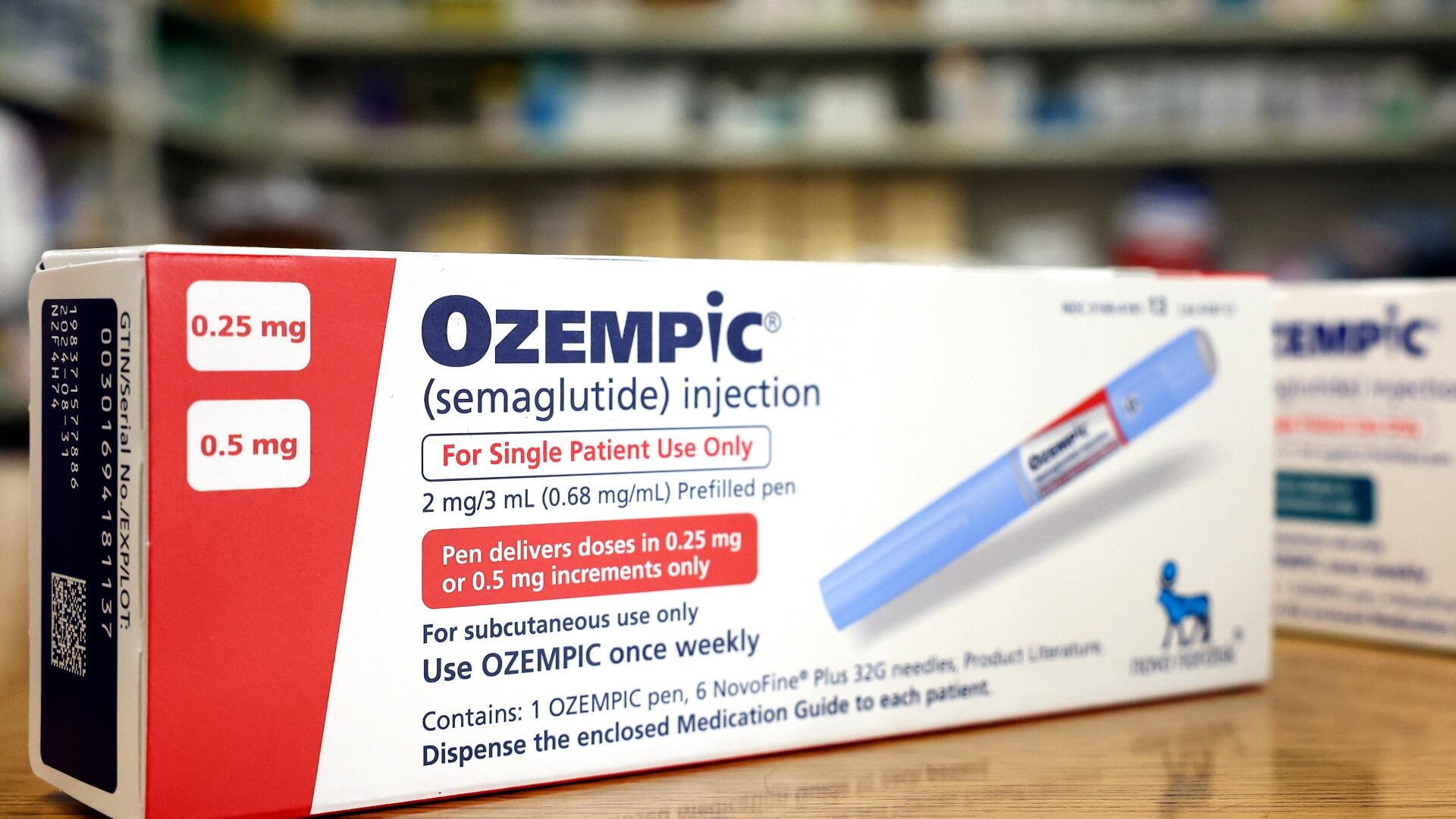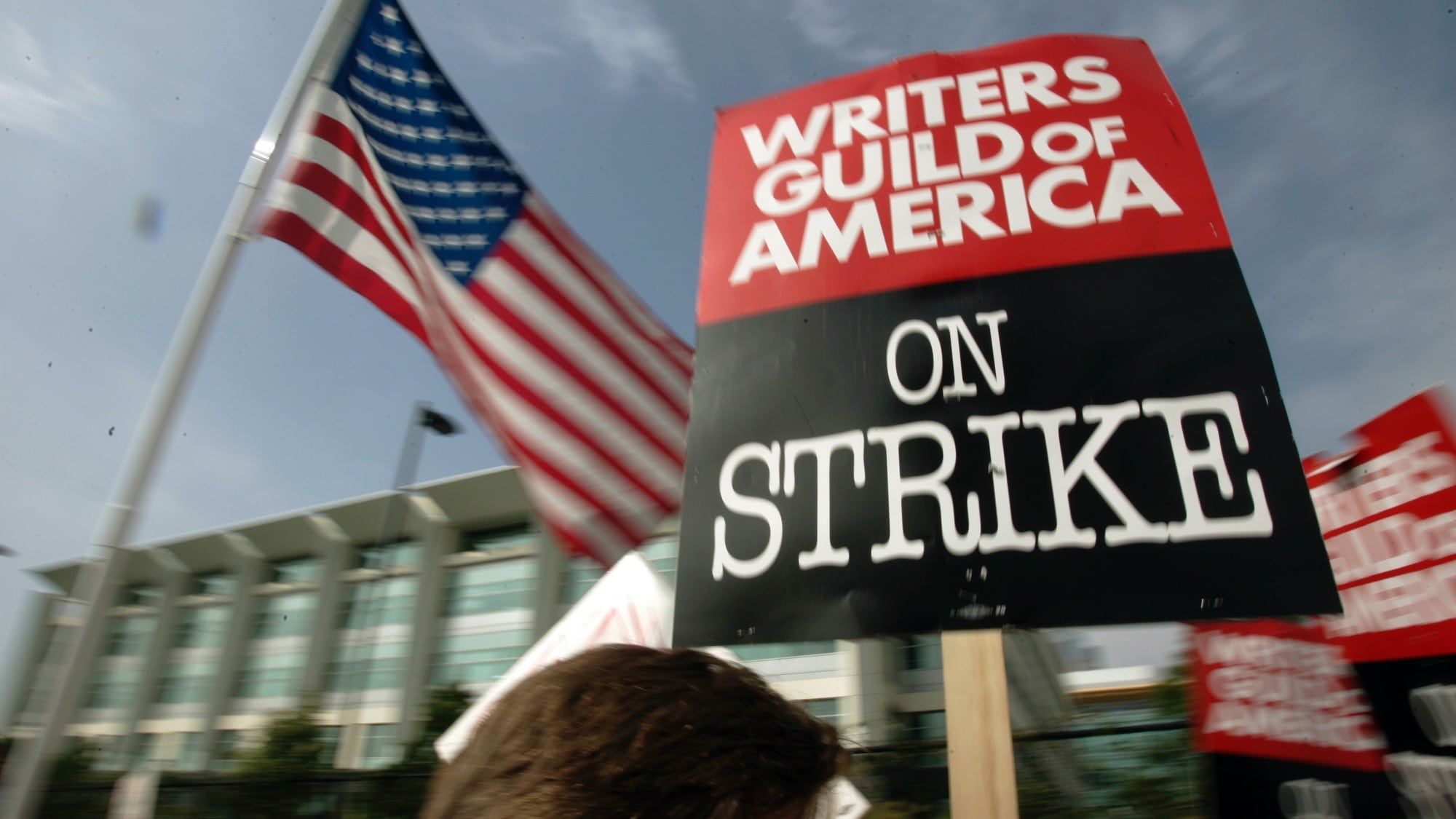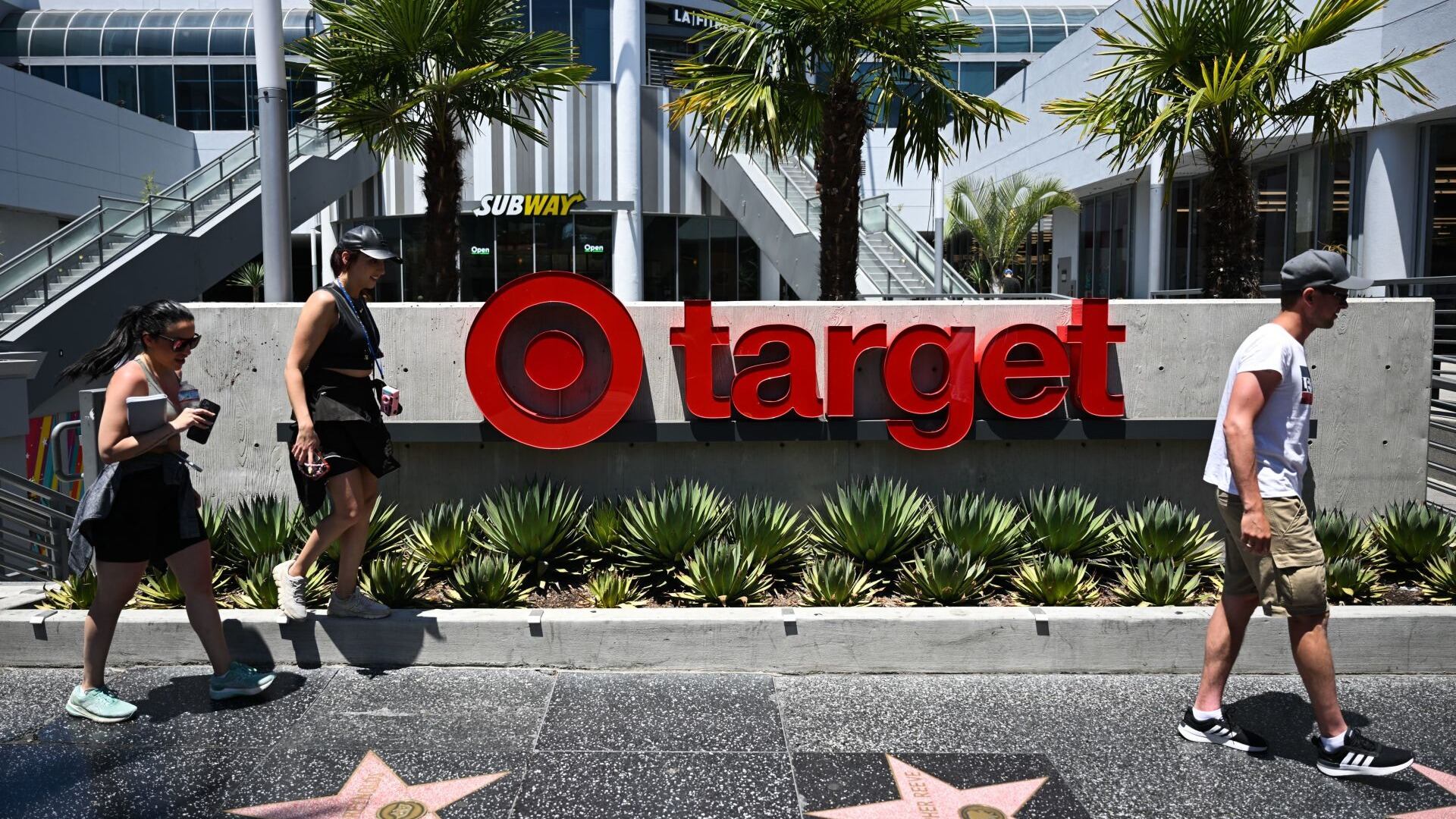By Stan Choe and Alex Veiga
Wall Street closed out another punishing week Friday with the S&P 500 posting its first back-to-back monthly loss since the pandemic first gripped the economy in March.
The S&P 500 dropped 1.2% and ended the week with a 5.6% loss, its worst in seven months. Sharp drops in big technology stocks drove much of the selling, reflecting worries that expectations built too high for some of the market's biggest stars, including Apple and Amazon. Investors have bid up shares in those and other Big Tech companies this year, anticipating they would deliver strong profits, but their latest results and uncertain outlooks left traders wanting.
Wall Street was already wracked by fears about the potential economic damage from surging coronavirus counts around the world, Washington’s inability to provide more support for the economy, and uncertainty surrounding the presidential election. President Donald Trump often cites the stock market as a barometer of his administration’s performance on the economy.
“Today, you have investors who are taking profits in the tech stocks that they expected to do well in the third quarter,” said Sam Stovall, chief investment strategist at CFRA. “And now the focus once again is on Covid-19, and investors are just selling ahead of a weekend.”
The S&P 500 lost 40.15 points to 3,269.96. It ended October with a 2.8% loss. The Dow Jones Industrial Average fell 157.71 points, or 0.6%, to 26,501.60. Earlier, it had been being down 515 points.
The Nasdaq composite gave up 274 points, or 2.5%, to 10,911.59. The tech-heavy index is within 0.6% of a “correction,” Wall Street-speak for a decline of 10% or more from an all-time high.
Much of the market's focus Friday was on Apple, Amazon, Facebook, and Google’s parent company. They are four of the five biggest stocks in the S&P 500 by market value, which gives their movements outsized sway on the index, and they were principal forces behind Wall Street’s huge rally since March.
All four reported profit for the summer that was even better than analysts were expecting, just like the other stock in the Big Five did earlier this week. But also like Microsoft, most nevertheless fell as investors found reasons for concern within their reports.
Apple dropped 5.6% after investors focused on weaker revenue than expected for its iPhones and sales in China. Amazon fell 5.4%, and Facebook lost 6.3%.
Twitter, another high-profile tech stock, slumped 21.1% for the largest loss by far among stocks in the S&P 500. It also reported better-than-expected earnings for the latest quarter. Investors focused instead on its growth in daily users, which fell short of analysts’ expectations.
Google’s parent company, Alphabet, was an outlier and rose 3.8% after reporting growth in digital ad spending.
A similar trend has been occurring across the market: Stocks are not getting the bounce they usually do after reporting results that beat analysts' expectations. And they’ve been giving investors plenty of opportunities to do so: With nearly three quarters of the S&P 500 by market value having reported, 84% of companies have beat expectations, according to Credit Suisse.
Analysts say that's an indication that expectations may have built too high through the market's big rally and that investors' attention may simply be elsewhere given all the uncertainties sweeping the market.
Much of the market’s focus has been on what’s to come for the economy when coronavirus counts are rising at troubling rates across Europe and the United States.
Several European governments have already brought back restrictions on businesses to slow the spread of the virus. Even if the strictest lockdowns don’t return in the United States, the worry is the pandemic's rising death toll will drive customers away from businesses by itself and undercut profits.
“Because of the spike in Covid-19 overseas, with Germany and France in lockdown mode once again, the implication is that we could be heading into a double-dip recession in Europe, and that would have negative future implications for our economic growth,” Stovall said.
Meanwhile, Washington has been unable to deliver more aid to the economy. That's despite investors and economists saying it's sorely needed following the expiration of supplemental benefits for laid-off workers and other stimulus approved by Congress earlier this year.
“The Fed is saying this, the market is saying this, and most economists are beginning to adjust their fourth quarter forecasts with the expectation that growth without stimulus is going to be hard to achieve, especially as COVID-19 cases seem to set new daily records each day,” said Kevin Giddis, chief fixed income strategist at Raymond James.
In markets around the world on Friday, caution was still continuing to dominate. But the moves were not as violent as earlier in the week.
A measure of fear in the U.S. stock market, the VIX index, flipped between small gains and losses before rising 1.1%. The yield on the 10-year Treasury ticked up to 0.87% from 0.83% late Thursday.
European markets ended mixed and Asian markets closed broadly lower.
___
AP Business Writer Joe McDonald contributed.
Updated on October 30, 2020, at 5:19 pm ET with added details.













